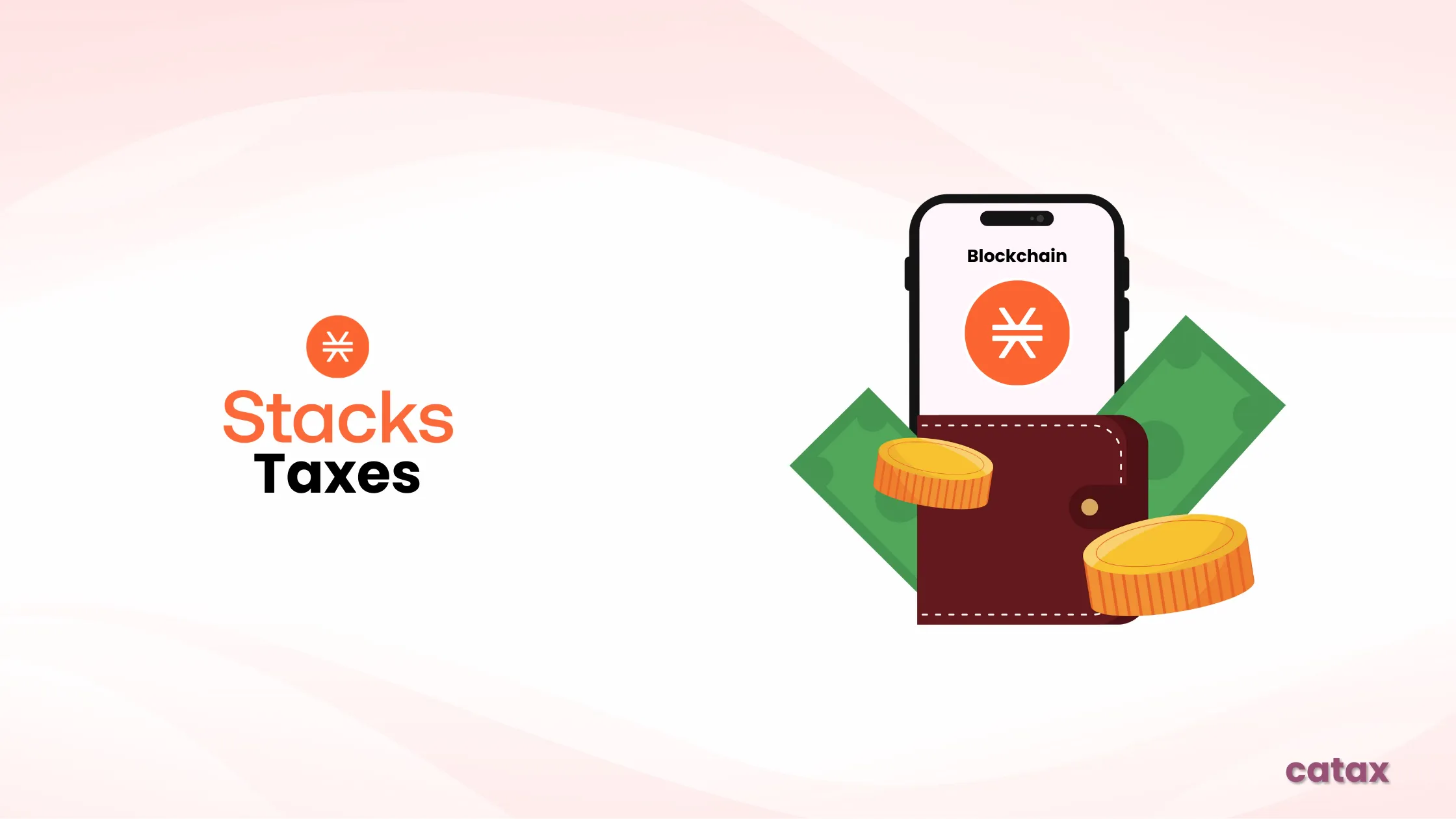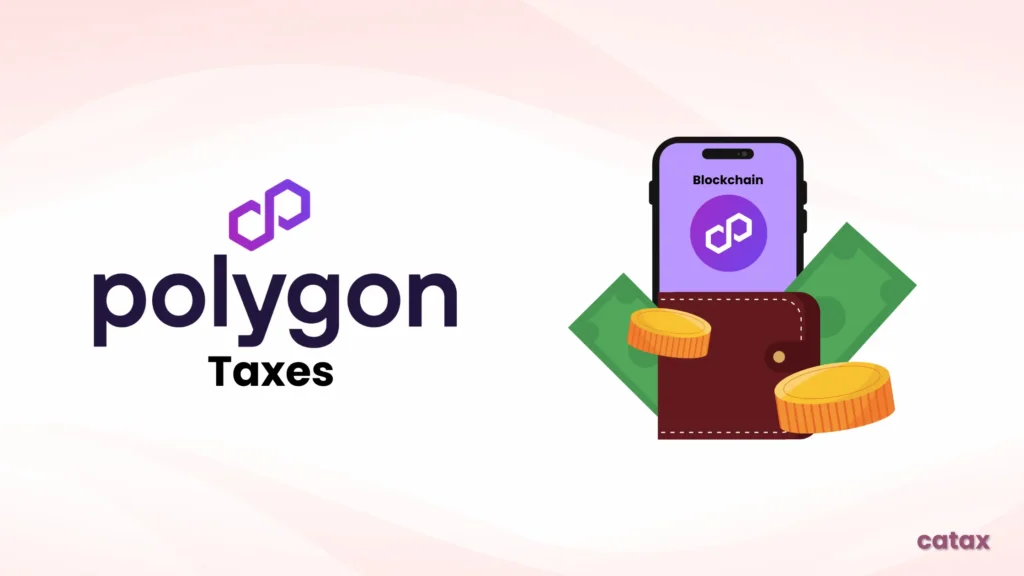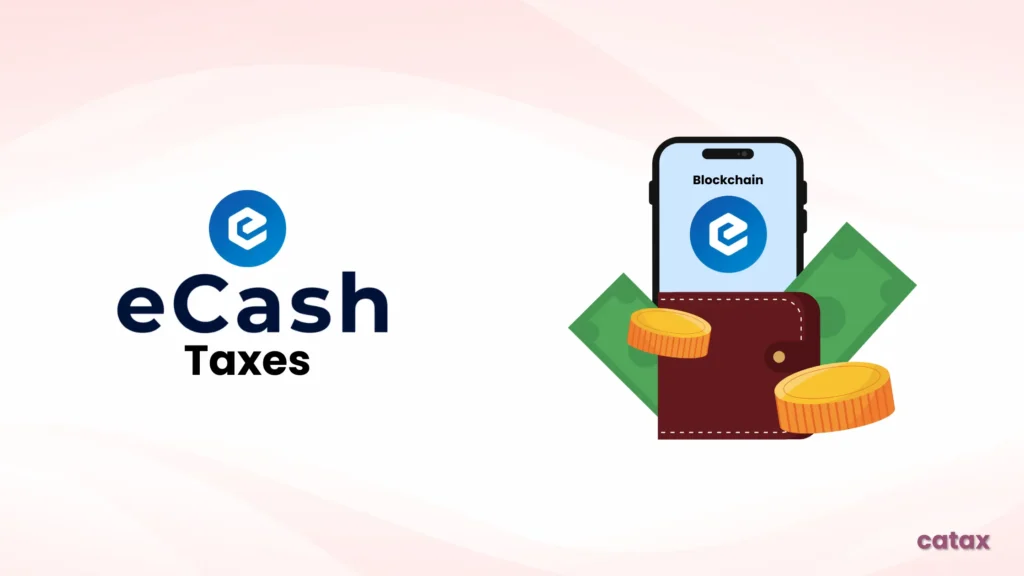Cryptocurrency tax rules vary by country, and Stacks (STX) taxes transactions may be taxed based on local laws. Whether you buy, sell, trade, or stake STX, understanding how tax authorities classify these activities helps you comply with tax rules and avoid penalties.
This guide simplifies Stacks taxes so you can stay compliant and manage your taxes efficiently.

- How to Connect Your Stacks Wallet to Catax
- Are Stacks (STX) Transactions Taxable?
- When Do You Have to Pay Taxes on Stacks?
- Can You Deduct Trading Fees and Other Costs?
- How Is Stacks (STX) Taxed Based on Holding Period?
- How Is Staking Income Taxed?
- Can You Claim Stacks (STX) Losses for Tax Benefits?
- How to Stay Compliant with Stacks (STX) Tax Rules
How to Connect Your Stacks Wallet to Catax
To track your Stacks (STX) transactions and calculate taxes easily, follow these steps to connect your wallet to Catax:
- Open your Stacks wallet or use a block explorer (such as Hiro Wallet, Xverse Wallet, Ledger, or another supported wallet).
- Copy your public wallet address from your wallet.
On Catax:
- Log in to Catax and choose your country.
- Select Chain, then search for Stacks Wallet.
- Paste your public address and click Connect.
Once connected, Catax will automatically track your STX transactions and make tax calculations easy.
Calculate My Taxes ➤Are Stacks (STX) Transactions Taxable?
Yes, in most countries, Stacks (STX) transactions are taxable. Governments may classify STX as a capital asset, property, or income, depending on how you use it.
When Do You Have to Pay Taxes on Stacks?
You may owe taxes when you:
- Sell STX for a profit – If you sell Stacks for more than what you paid, the profit is taxed as capital gains.
- Trade STX for another cryptocurrency – If you swap Stacks for Bitcoin, Ethereum, or another cryptocurrency, it may be a taxable event.
- Use STX to buy something – Spending Stacks may trigger capital gains tax if the value has increased since you bought it.
- Earn STX from staking – Many countries tax staking rewards as income when received.
- Get paid in STX – If someone pays you in Stacks for work or services, it is usually taxed as income, based on its market value at that time.
Since tax rules vary by country, check how Stacks transactions are taxed in your location to avoid any issues.
Can You Deduct Trading Fees and Other Costs?
Many Stacks users wonder if they can deduct trading fees, transaction fees, and security expenses from their taxable income. This depends on tax laws in your country.
Some countries allow deductions for:
- Trading fees paid when buying or selling STX.
- Transaction (network) fees for sending STX between wallets.
- Security and storage costs, such as hardware wallets, private key storage, and multi-signature protection.
Other countries only allow deductions for:
- The cost of buying Stacks, meaning you can subtract what you originally paid from the selling price but not extra costs like exchange or transfer fees.
To avoid tax mistakes, check your country’s tax laws to see what deductions apply.
How Is Stacks (STX) Taxed Based on Holding Period?
The tax rate on Stacks profits may depend on how long you hold STX before selling it. Most governments follow these rules:
- Short-term holdings (less than a year) – Often taxed at higher rates, similar to income tax rates.
- Long-term holdings (more than a year) – Some countries offer lower tax rates to encourage long-term holding of crypto.
- Flat tax rates – A few places apply the same tax rate on all crypto profits, no matter how long you held it.
Knowing your country’s tax system helps you plan taxes wisely and reduce tax payments where possible.
You can also check out our Country-Specific Guide for Crypto in Your country. This guide provides insights on regulations, tax implications, and compliance measures breifly explained for each country.
How Is Staking Income Taxed?
Stacks (STX) staking rewards offer passive income, but different countries tax them in different ways. Some governments tax staking rewards as soon as you receive them, while others apply tax only when you sell or exchange them. How Countries Tax Staking Rewards:
- Taxed as income – Some governments treat staking rewards like salary, meaning taxes are due when you receive them. These rewards are taxed at standard income tax rates.
- Taxed as capital gains – In other places, staking rewards are taxed only when you sell them. In this case, only the profit from selling is taxed.
If you stake Stacks, knowing when taxes start helps you prepare for tax payments. Some countries tax staking rewards even if you don’t sell them.
To avoid surprises, check how staking rewards are taxed in your country before staking STX.
Can You Claim Stacks (STX) Losses for Tax Benefits?
Not every Stacks trade makes a profit, and selling STX at a loss may help reduce your tax bill. How Different Countries Handle Crypto Losses:
- Loss offsets – Some countries allow Stacks losses to reduce taxable profits, meaning you only pay taxes on net profits.
- Loss carryforward – If you don’t have profits this year, some governments let you carry losses forward to offset taxes in the future.
- Limited deductions – Some governments do not allow crypto loss deductions, meaning you cannot use losses to lower taxes.
Keeping detailed transaction records helps you report losses correctly and get tax benefits where allowed.
How to Stay Compliant with Stacks (STX) Tax Rules
As crypto tax laws change, staying compliant is more important than ever. To avoid tax penalties:
- Know how your country taxes Stacks transactions – Are gains taxed as capital gains, income, or business revenue?
- Check if you can deduct trading fees, staking rewards, and other costs – Each country has different rules.
- Keep records of every Stacks (STX) transaction – This includes buying, selling, trading, staking, and spending STX.
- Use a crypto tax tool like Catax – Catax automates tax calculations, making it easier to track transactions and file tax returns.
- Ask a tax professional for help – If you’re unsure about your tax obligations, a tax expert can guide you on following local laws.


